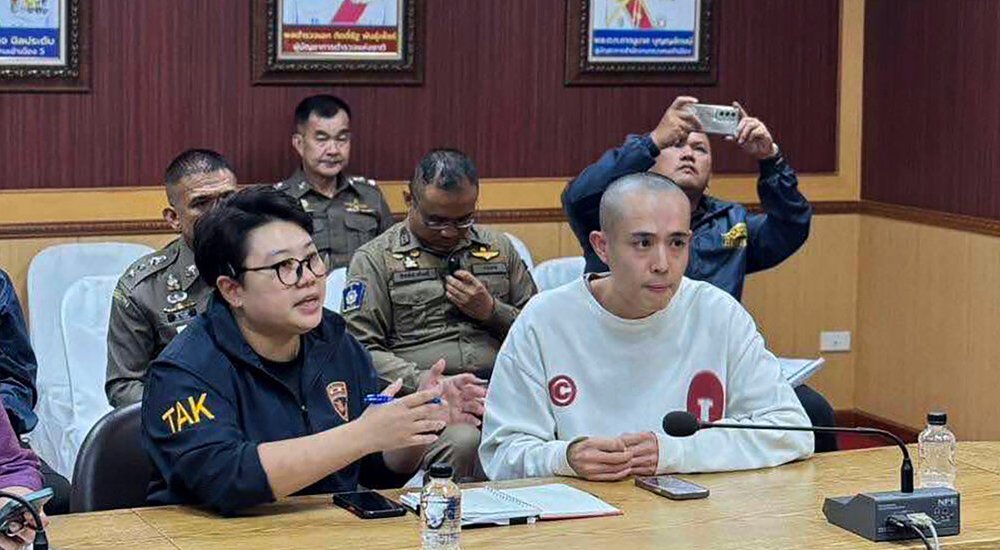Nuntaporn Komonsittivate, an executive at the low-cost carrier Thai Lion Air said on Wednesday that 20 percent of the company’s chartered flights between China and Thailand — serving routes to Chinese cities other than the six cities the airline normally operates in — have been canceled.
On Weibo, a Chinese social media outlet, people discussed travel refunds and whether Thailand was safe, using hashtags that rose in popularity on the platform. Travel agents in China said that they had received requests from travelers to cancel trips to Thailand or to change their destination.
Zhang Zhihong, a sales representative with Baochunguo Travel Agency, a company based in the southern city of Shenzhen focused on travel to Southeast Asia, said that a quarter of the Thailand trips his company handled had been canceled in the past week. “It was all because of the public opinion around this incident. People felt that traveling to Thailand was unsafe, and requested refunds.”
This anxiety could complicate Thailand’s efforts to revitalize its tourism sector after the pandemic. Thailand has eased visa requirements for Chinese travelers and offered discounts through Chinese travel platforms in a campaign the country has called “Nihao Month,” using the Mandarin term for “hello.” Nearly 7 million Chinese people traveled to Thailand in 2024, making them the largest group of international visitors.
The public outcry over Mr. Wang’s abduction raises the pressure on the Thai and Chinese governments to do more to prevent Chinese from being abducted and trafficked into scam compounds in Myanmar.


















































